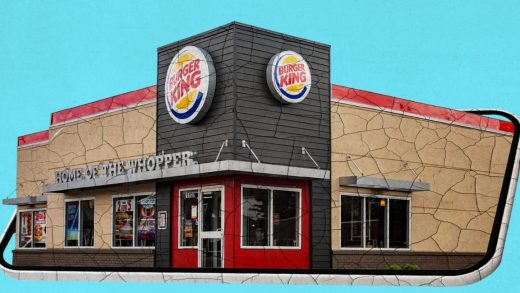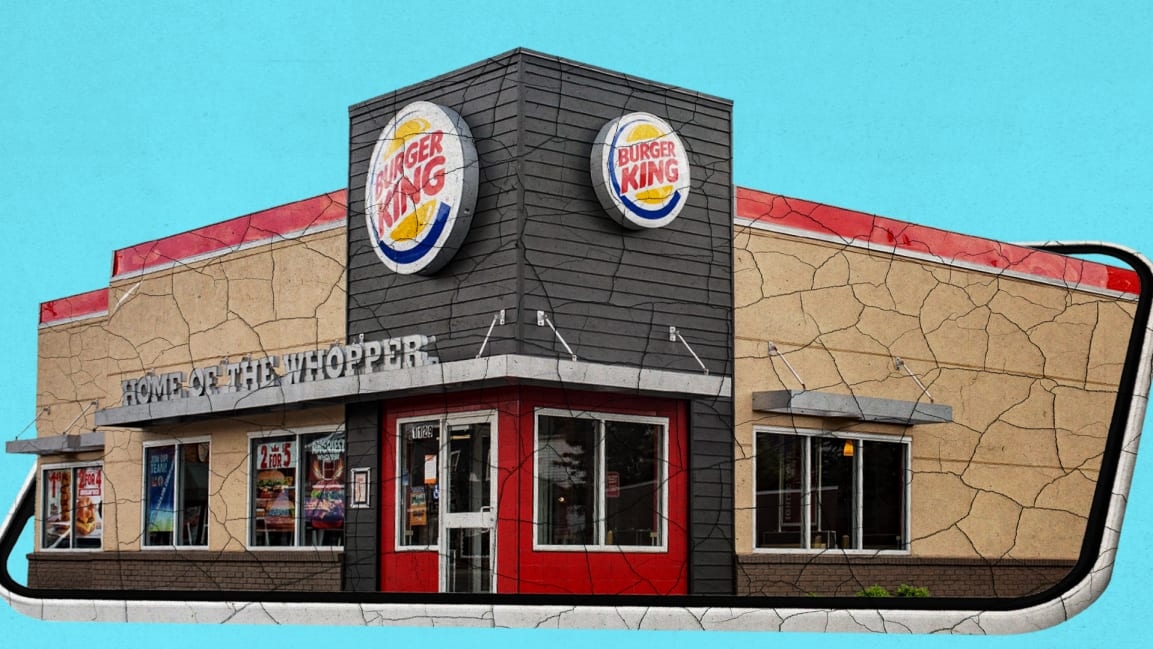Burger King incites rage for tweeting ‘Women belong in the kitchen’ on International Women’s Day
To celebrate International Women’s Day, Burger King decided to flame-grill its brand image with a tweet from its UK account.
Women belong in the kitchen.
— Burger King (@BurgerKingUK) March 8, 2021
Posted as a three-tweet thread, it subsequently explains that the brand is launching a scholarship program to encourage female employees to pursue a culinary career, in an effort to fix the gender ratio in the restaurant industry. But many people only saw the first tweet.
Shoutout to Burger King for absolutely fucking what could have been a fabulous pro-women tweet because they couldn’t stop themselves making an outdated joke often used by men.
Happy International Women’s Day though ?? https://t.co/pr8PaJLgX3
— Hannah Rutherford (@lomadia) March 8, 2021
it doesn’t matter what follows this tweet — the reality is it will spread without context, reflect poorly on the brand, and overwhelmingly overshadow the well-intentioned message. classic failure to speak the language of the platform https://t.co/Oterji2L4w
— Diana Elbasha (@DianaElbasha) March 8, 2021
The tweet was adapted from a full-page ad in The New York Times, created by agency DAVID Miami for the American market, which put the headline and context in the same place. As of press time, the tweet outlining the scholarship plan had only 44,000 likes, compared to the 360,000 of the original tweet.
Only 24% of chef positions in US are occupied by women.
That’s why the BK Foundation launched a culinary scholarship program to bring more women to leadership positions in the industry.
Women belong in the kitchen if they want to work there. And hopefully in leadership roles. pic.twitter.com/ITwnTJQpDp
— Fer Machado (@fer_machado123) March 8, 2021
Given the uproar and how this tweet has been received, I asked Fer Machado, the global chief marketing officer at Restaurant Brand International (parent company of Burger King, Popeyes, and Tim Hortons), if he felt it necessary for the brand to apologize. “It’s a hard one,” Machado says. “Because the complete message was actually posted. It’s a real shame that it’s getting lost on the UK conversation. In the end, the intention behind what we are doing here is really good. And the whole thing is more than just an ‘ad’ or a ‘tweet.’ But we are discussing here.”
From an advertising perspective, Burger King’s campaign traces its roots back to DDB’s legendary 1959 Volkswagen ad, which began with the bold headline, “Lemon.” Part of the overall “Think Small” VW Beetle campaign, the creative wordplay and witty copywriting of Julian Koenig has been credited with revolutionizing advertising. The Burger King print ad features a few of the same characteristics: Big attention-grabbing headline, followed by the small print explaining just what the hell it’s all about.
In this instance, there are two major problems. First, the grabby headline is simply a ham-fisted attempt to turn a misogynist cliche into a joke, and ultimately undermines the message the brand intends to communicate. You’d be hard-pressed to find any brand that would, say, use an outdated racist comment to ground its support for an anti-racist cause. Second, this print ad formula just doesn’t translate to Twitter, where you need to convey an idea in a single tweet or–as BK is quickly learning–face the consequences. This is obviously something the brand should know. Burger King has long been a creative and engaging social brand. To not realize that splitting this message into multiple tweets would confuse and dilute the actual message is almost inconceivable.
Machado agrees, telling Fast Company that social engagement is something the brand typically does very well, and puts a lot of thought into. “We don’t force fit executions into different media,” says Machado. “We always try to take into consideration what works well in each specific medium and make sure the asset is tailored for that use. In this specific case we agree, it could have been done better. Hopefully people will be able to see thru it and understand the real intention behind the activity we are doing.”
Asked if he would do it differently given the chance, Machado said, “The roll out plan in some other markets, like the U.S., was already different. But we are surely taking a second look into it so that our intention is better reflected on the way we execute. We are always learning here and trying to do better.”
Fast Company , Read Full Story
(36)



